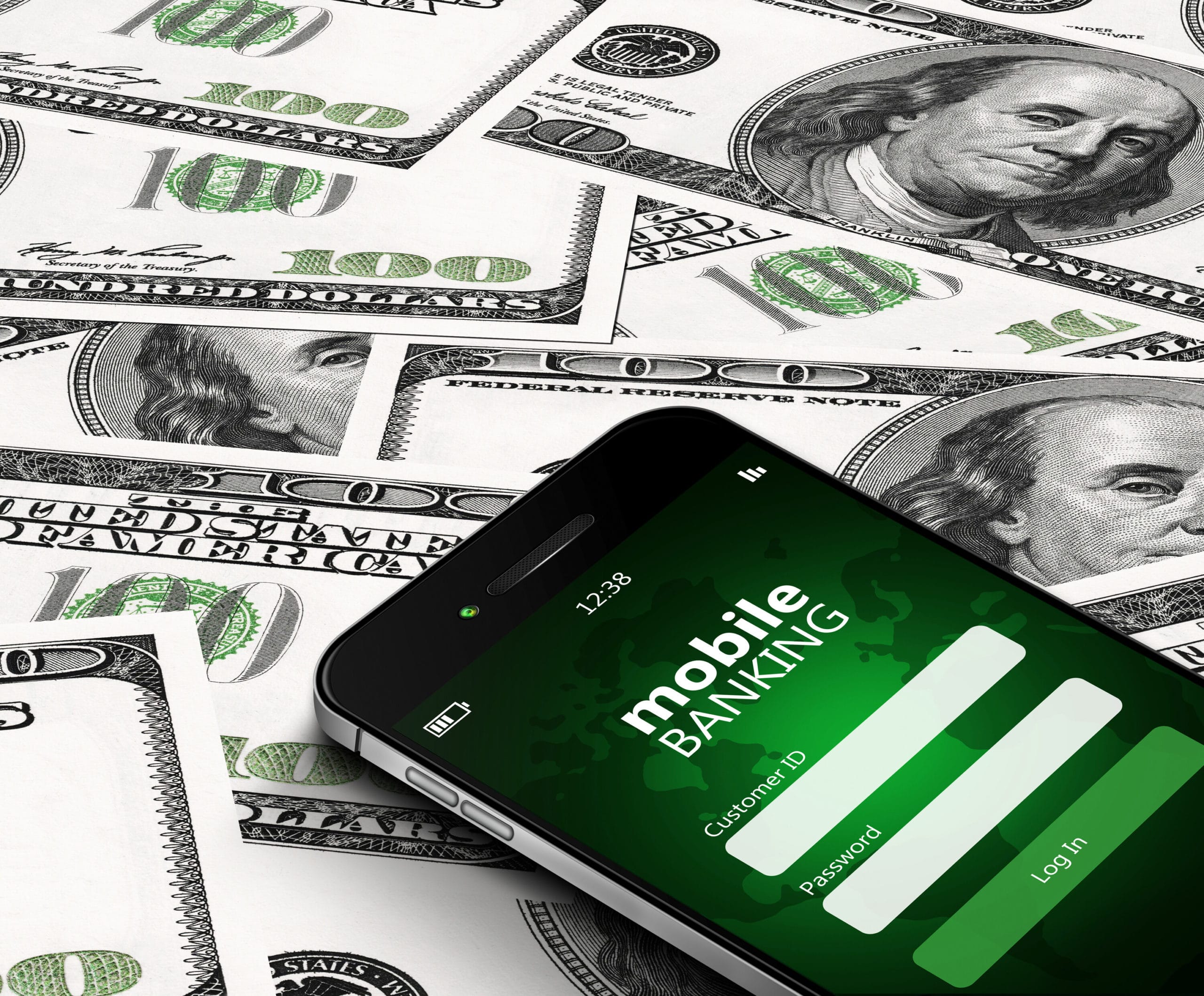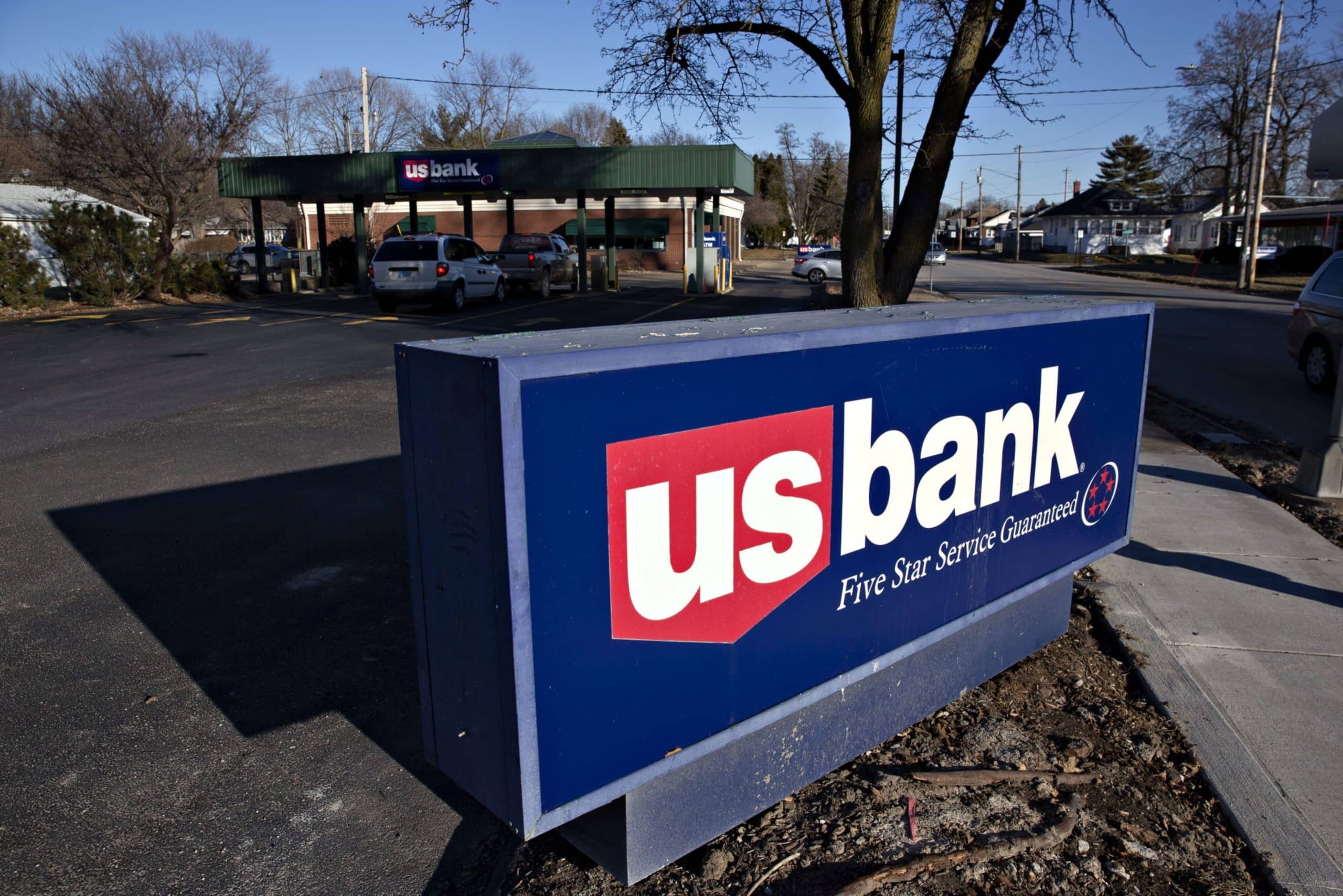[ad_1]
Most mainstream economists and individuals within the monetary markets argue that the Fed is and will stay unbiased of the Treasury — for instance, in setting rates of interest. They apprehensive throughout quantitative easing, when the Fed was shopping for trillions of {dollars} in Treasuries on the open market to suppress long-term rates of interest, as a result of the central financial institution was successfully financing the federal authorities’s deficit spending. They apprehensive that the federal government wasn’t topic to the self-discipline of traders, who demand greater rates of interest when the federal government borrows closely.
M.M.T.-ers level out that the Federal Reserve has the facility to set rates of interest wherever it needs, even all the way in which all the way down to zero. True, however that might trigger inflation by encouraging loads of borrowing (as a result of when the Fed lowers rates of interest, the charges on automobile loans, mortgages and different types of borrowing are likely to fall as effectively). Kelton advised me that there are new concepts for the way to break the linkage, so zero charges on Treasuries wouldn’t trigger excessively low charges on, say, mortgages. In any case, she argued, there’s little if any proof that low charges set by the Fed trigger inflation, pointing to the lengthy interval when the federal funds price was close to zero however inflation stayed stubbornly under the Fed’s 2 % goal. If something, she wrote in an e-mail, the causality is reversed: “Seems to be to me like price hikes chase inflation up” after which price cuts chase it again down.
Whereas fashionable financial idea says {that a} rising ratio of debt to gross home product doesn’t have to boost rates of interest, in apply that’s what has often occurred. James Poterba, the Massachusetts Institute of Expertise economist I quoted final week, wrote in a follow-up e-mail: “One examine of the 1976-2017 interval by Ed Gamber and John Seliski of the Congressional Finances Workplace discovered that on common, when the debt-to-G.D.P. ratio rose by 10 share factors, actual rates of interest on long-term Treasuries rose by about 20 foundation factors.” That’s 0.2 share factors. “A lot of different research of the U.S. expertise within the post-World Battle II interval have produced broadly comparable outcomes,” he added.
Blanchard, the previous chief economist of the Worldwide Financial Fund, is pretty dovish on inflation and deficits. For instance, he argues that central banks ought to set their inflation targets at 3 percent, not the present 2 %. He advised me he began engaged on the query of debt sustainability about 5 years in the past to confront “fiscal hawks on each side of the ocean” who contend that “debt is a disaster, and we have now to scale back it and if we don’t the world involves an finish.” The e book that resulted from his analysis, “Fiscal Coverage Underneath Low Curiosity Charges,” was printed on Jan. 10.
Blanchard identified within the e book that if the rate of interest the federal government pays on its debt is decrease than the financial system’s progress price, the present inventory of debt will really feel lighter over time as a result of it is going to shrink as a share of gross home product even when the federal government isn’t operating surpluses. In actual fact, he argued, the federal government can and will run deficits in that scenario, so long as they aren’t too huge. (Blanchard credit the notion to the economists Paul Samuelson, Edmund Phelps and Peter Diamond, amongst others. Scott Fullwiler, an M.M.T.-er on the College of Missouri, Kansas Metropolis, has been making the identical level since 2006.)
However Blanchard didn’t give a carte blanche to deficit spending. The danger, he wrote, is that the felicitous coincidence of a low rate of interest and a excessive progress price may abruptly finish. If the rate of interest for some purpose goes greater than the expansion price, and the federal government continues to run price range deficits, debt as a share of G.D.P. will “explode,” he wrote.
The worry of such an explosion could be a self-fulfilling prophecy. If traders begin to worry that debt will turn into unsustainable, they may demand greater yields on the debt they personal and can trigger the very drawback they worry, Blanchard wrote. It’s unimaginable to know when that reversal will happen, so it’s finest to be cautious, he wrote.
[ad_2]
Source link





















